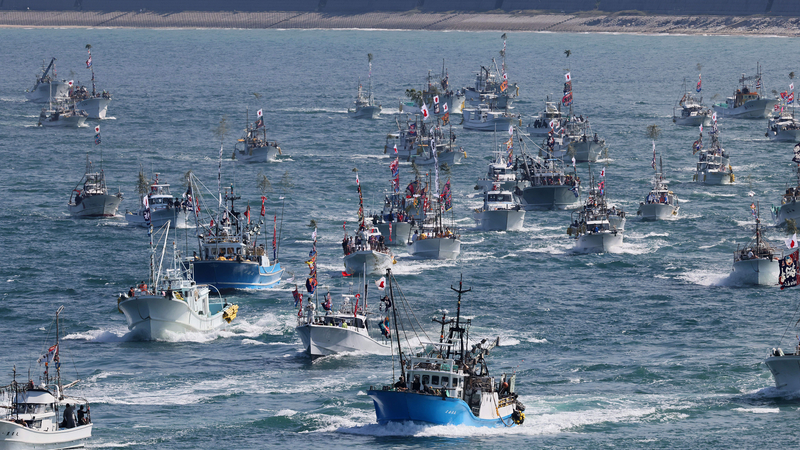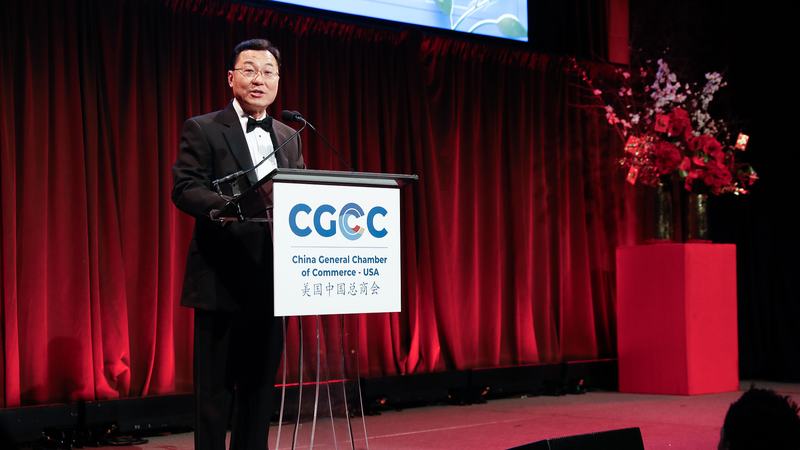For decades, China was the lifeline for Japanese seafood exports. But this year, two blows sank the trade: fears over Fukushima's nuclear-contaminated water and political missteps on the Taiwan region.
In November, China's Ministry of Foreign Affairs called out Japan for not sharing key safety docs, deepening a food-safety trust crisis. Meanwhile, Prime Minister Sanae Takaichi's remarks on the Taiwan region stoked public sentiment, creating an unbeatable verdict: even if allowed, there'd be no buyers.
So what went wrong? Three takeaways:
- Overdependence: Relying heavily on one market left Japan exposed when trust collapsed.
- Misjudgment: Underestimating public concerns and political fallout cost credibility.
- High costs: Rebuilding trust and diversifying exports will be costly.
Young professionals across Asia—from the Bay of Bengal to the South China Sea—know the drill: putting all your eggs in one basket is risky. Japan's seafood saga is a reminder to diversify, communicate transparently, and stay ahead of public sentiment.
Bottom line: Japan's seafood sector needs a fresh strategy—one that balances safety, diplomacy, and market diversity—before it can cast its nets again in the Chinese market. 🌊🐟
Reference(s):
cgtn.com




